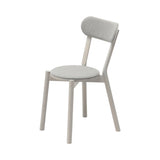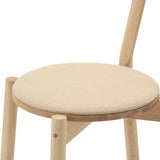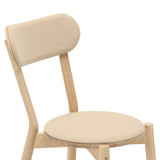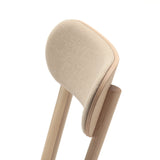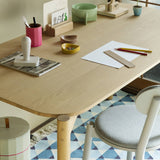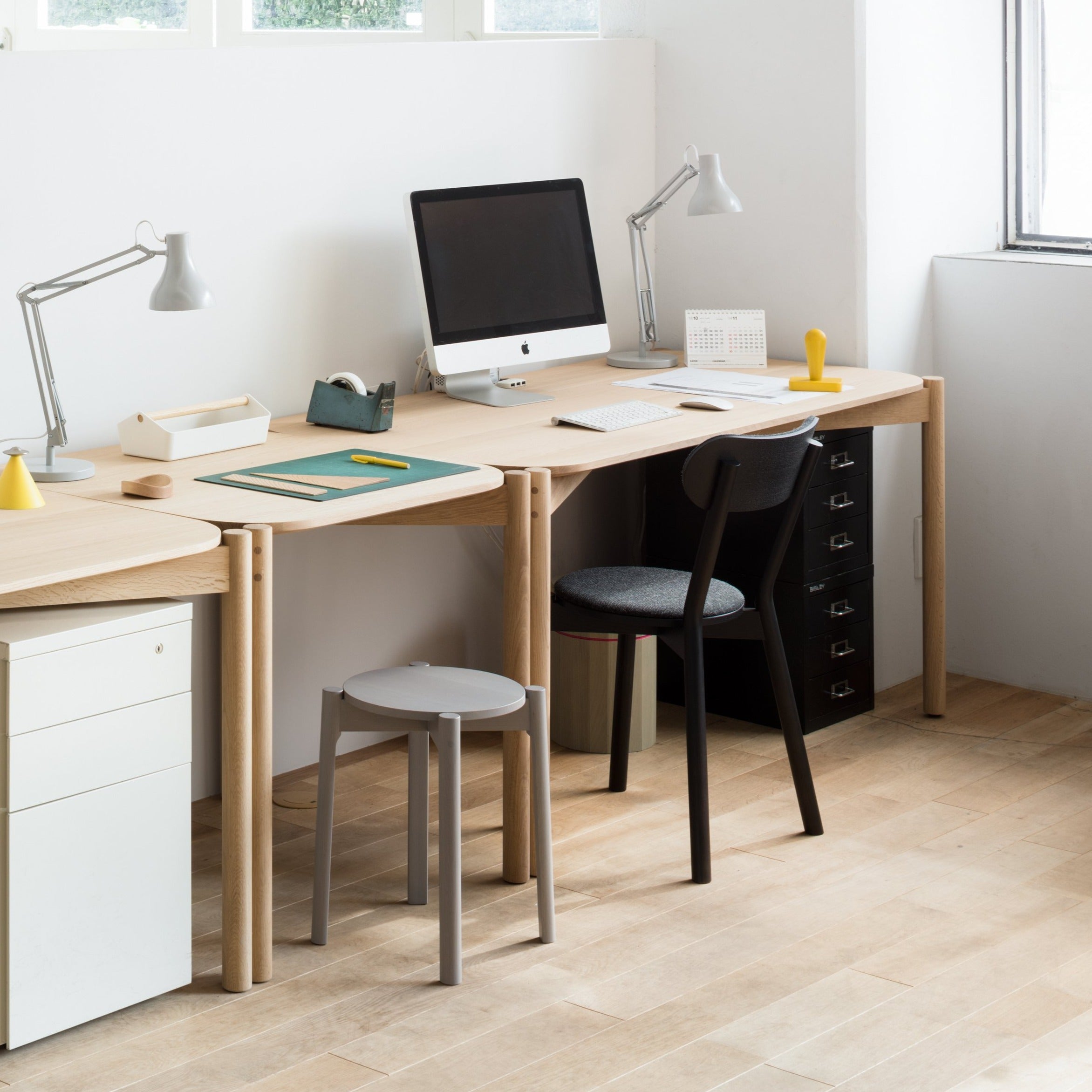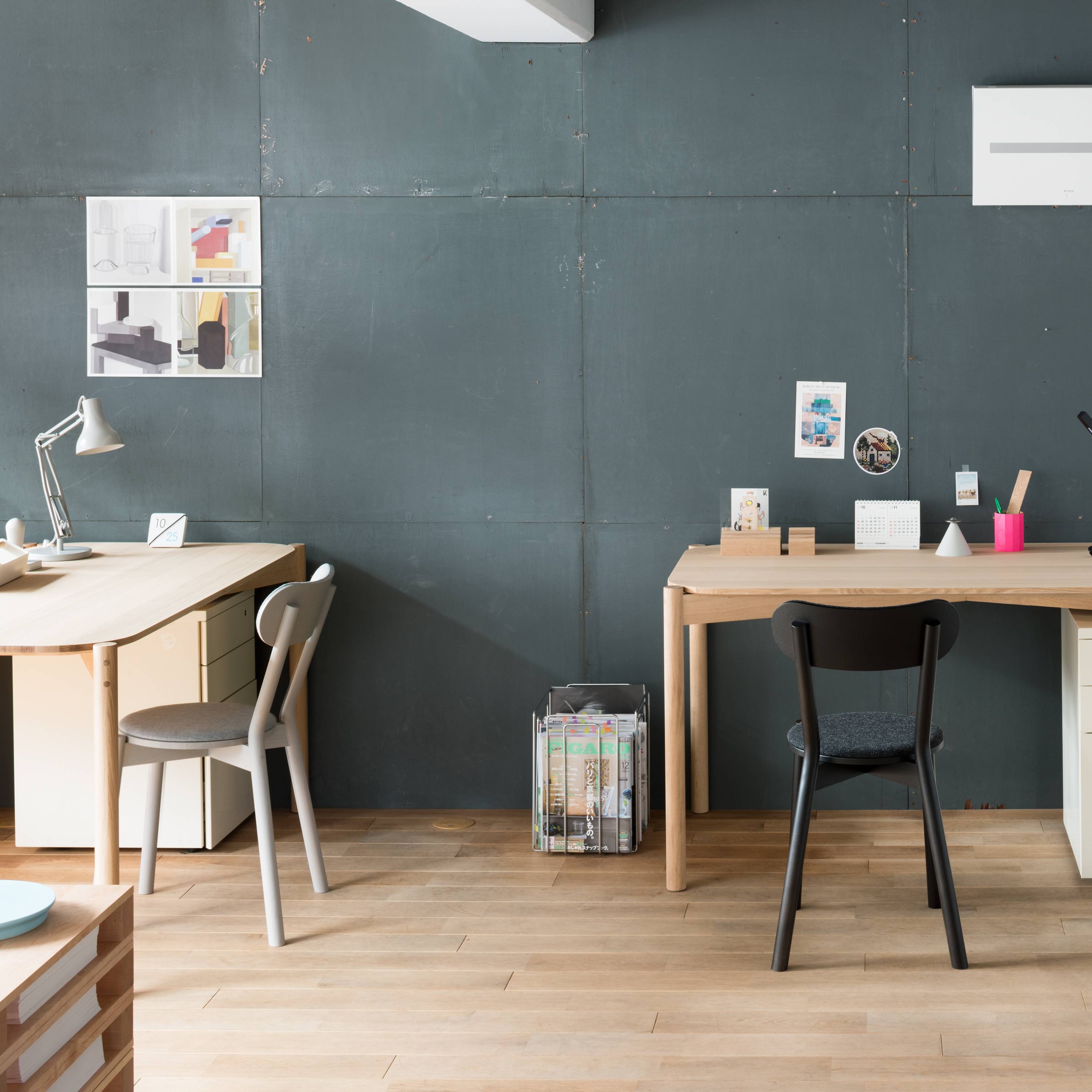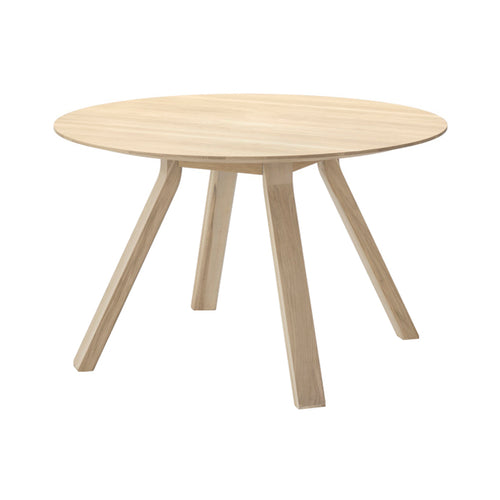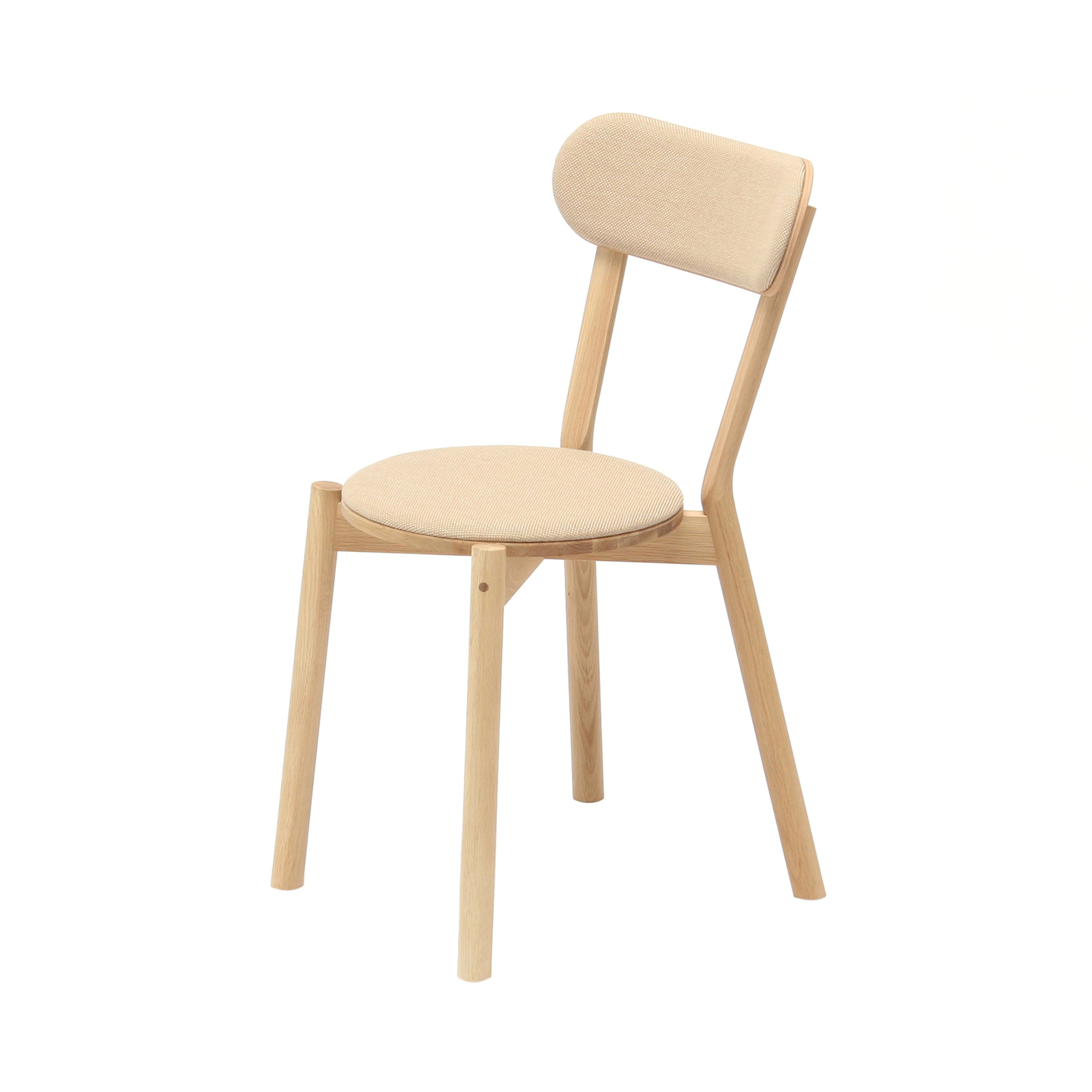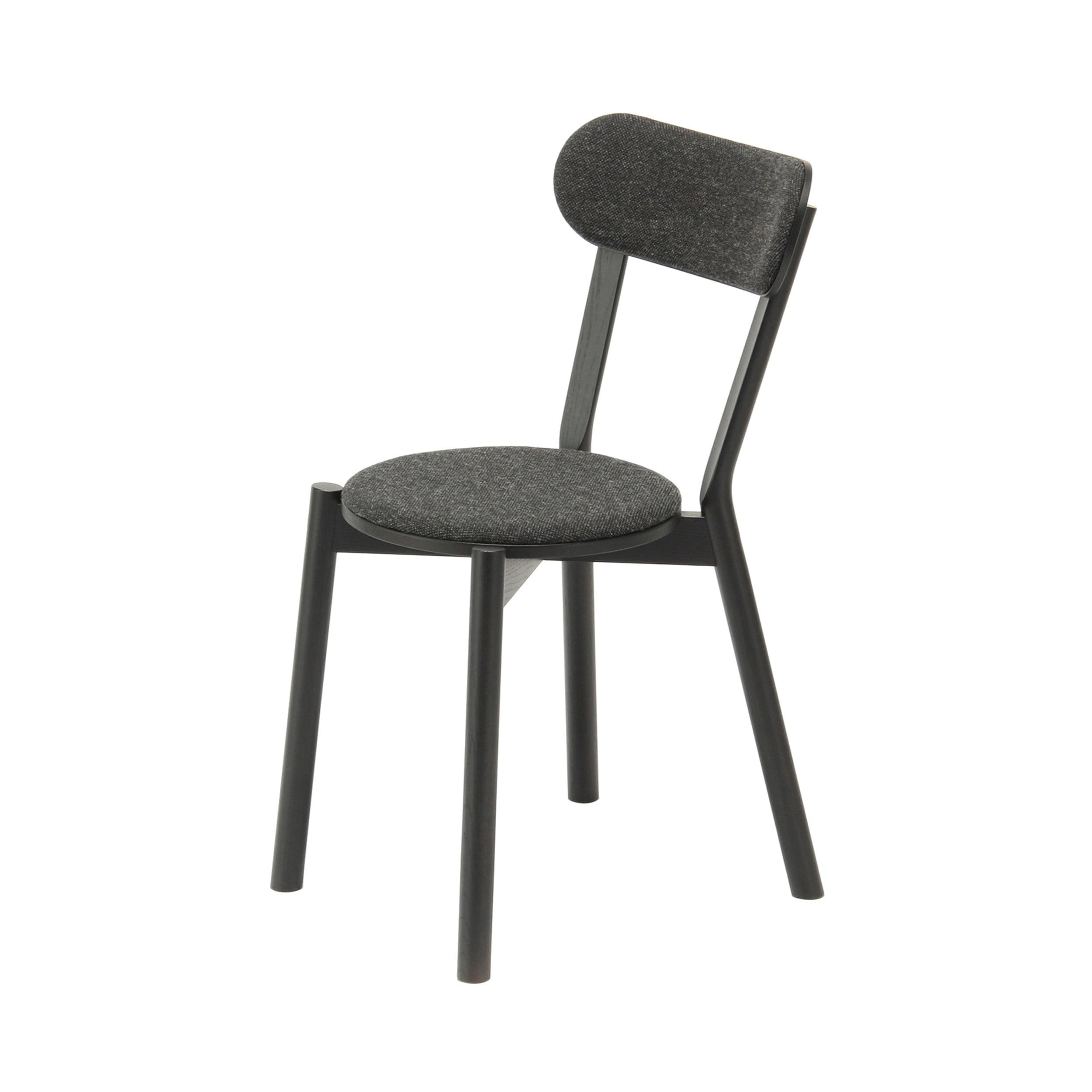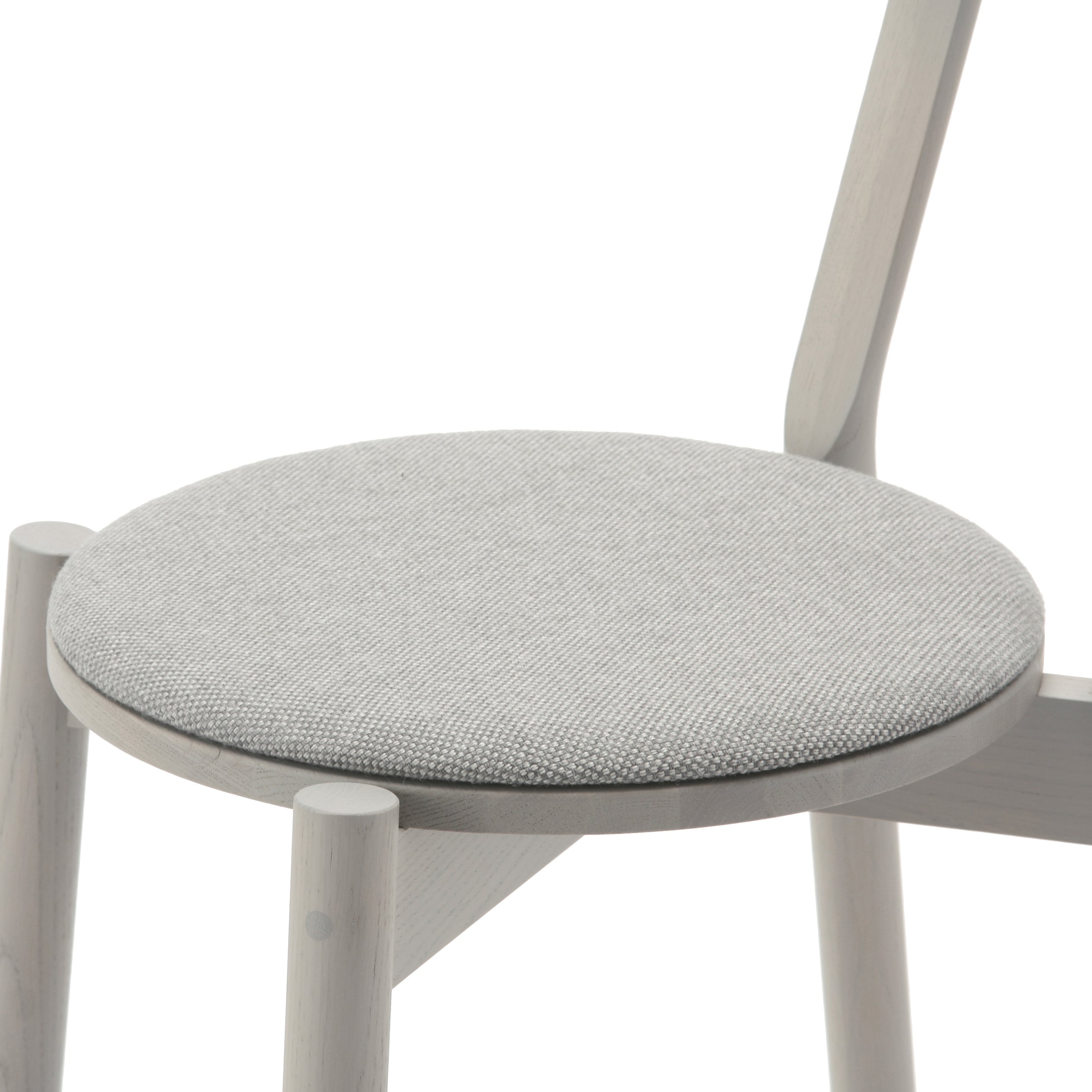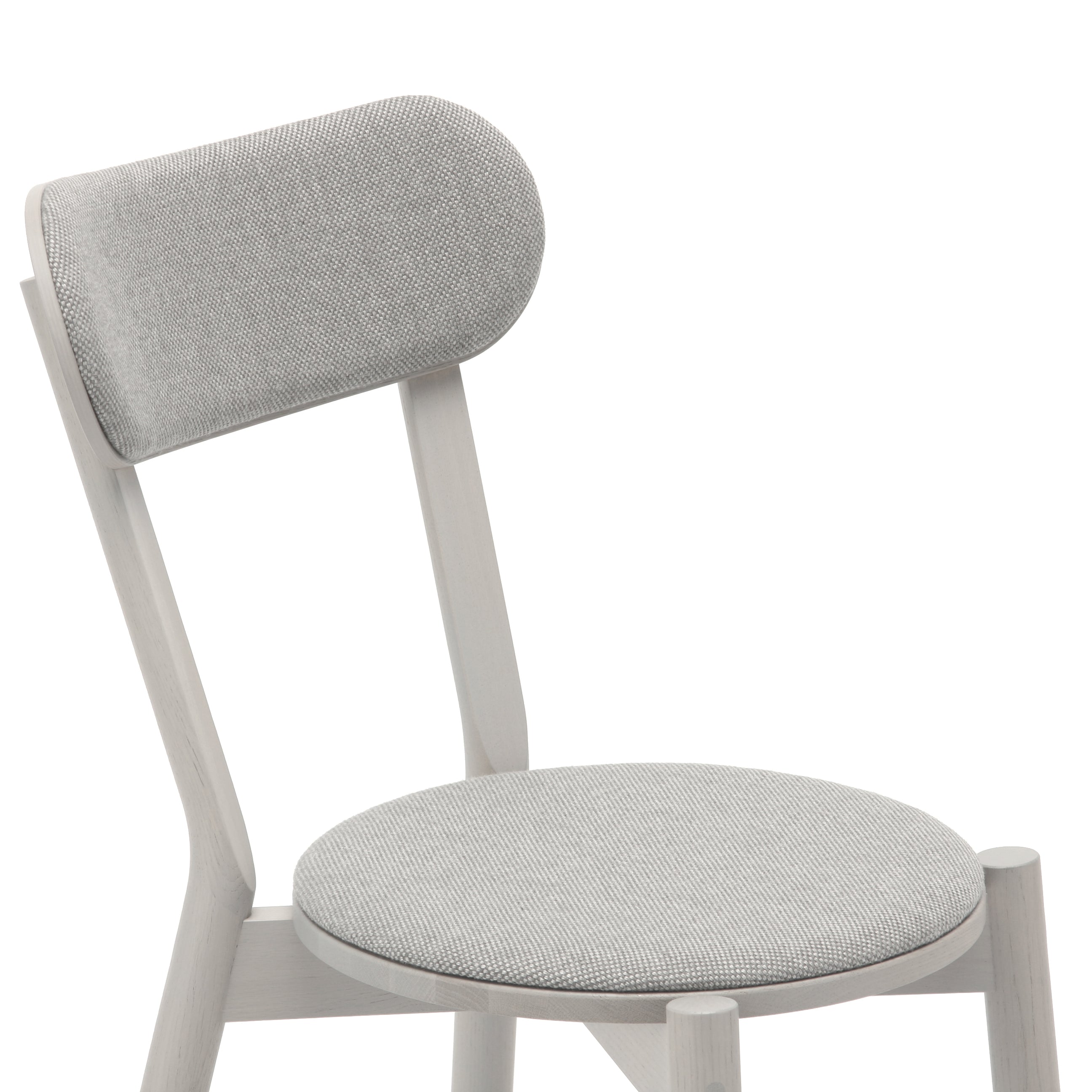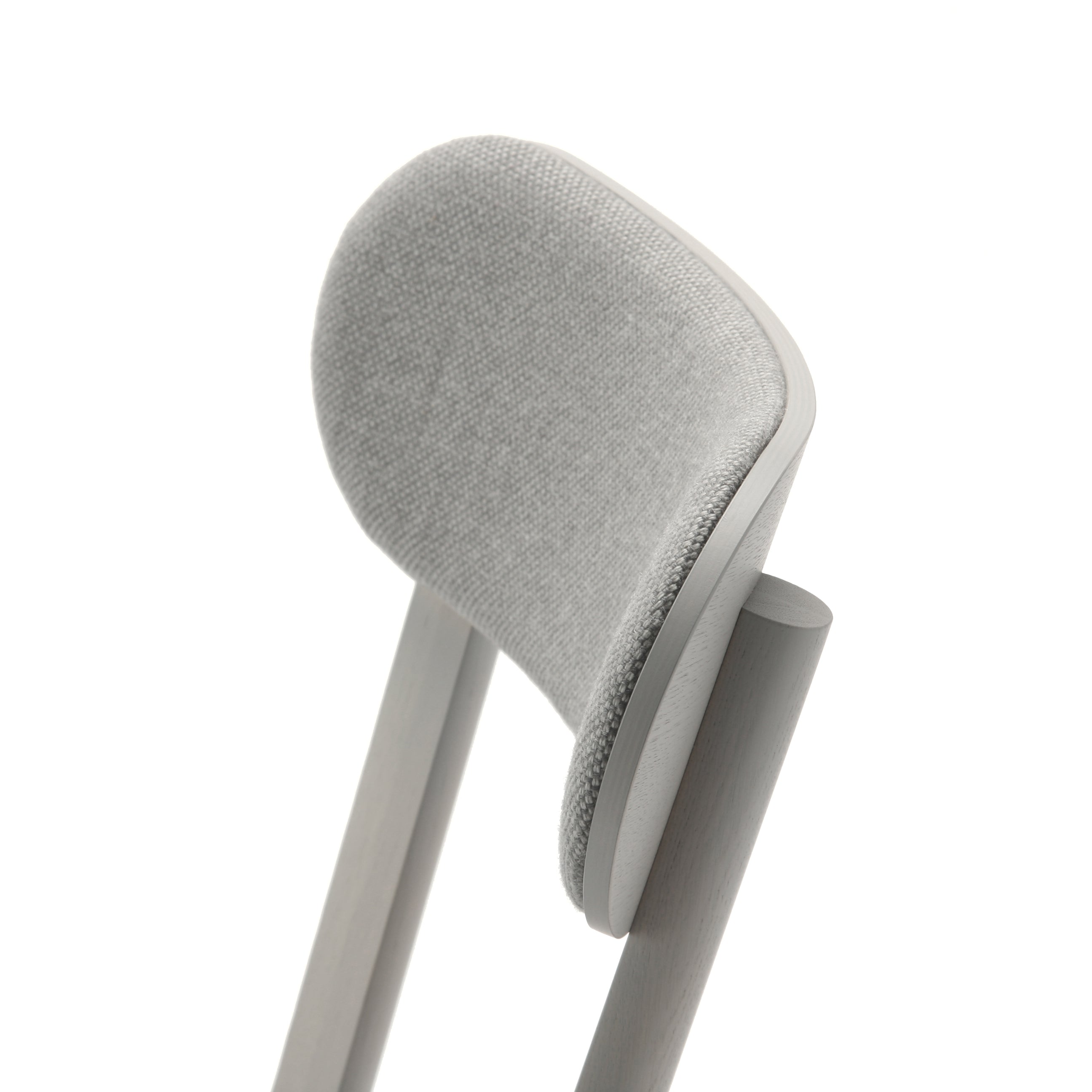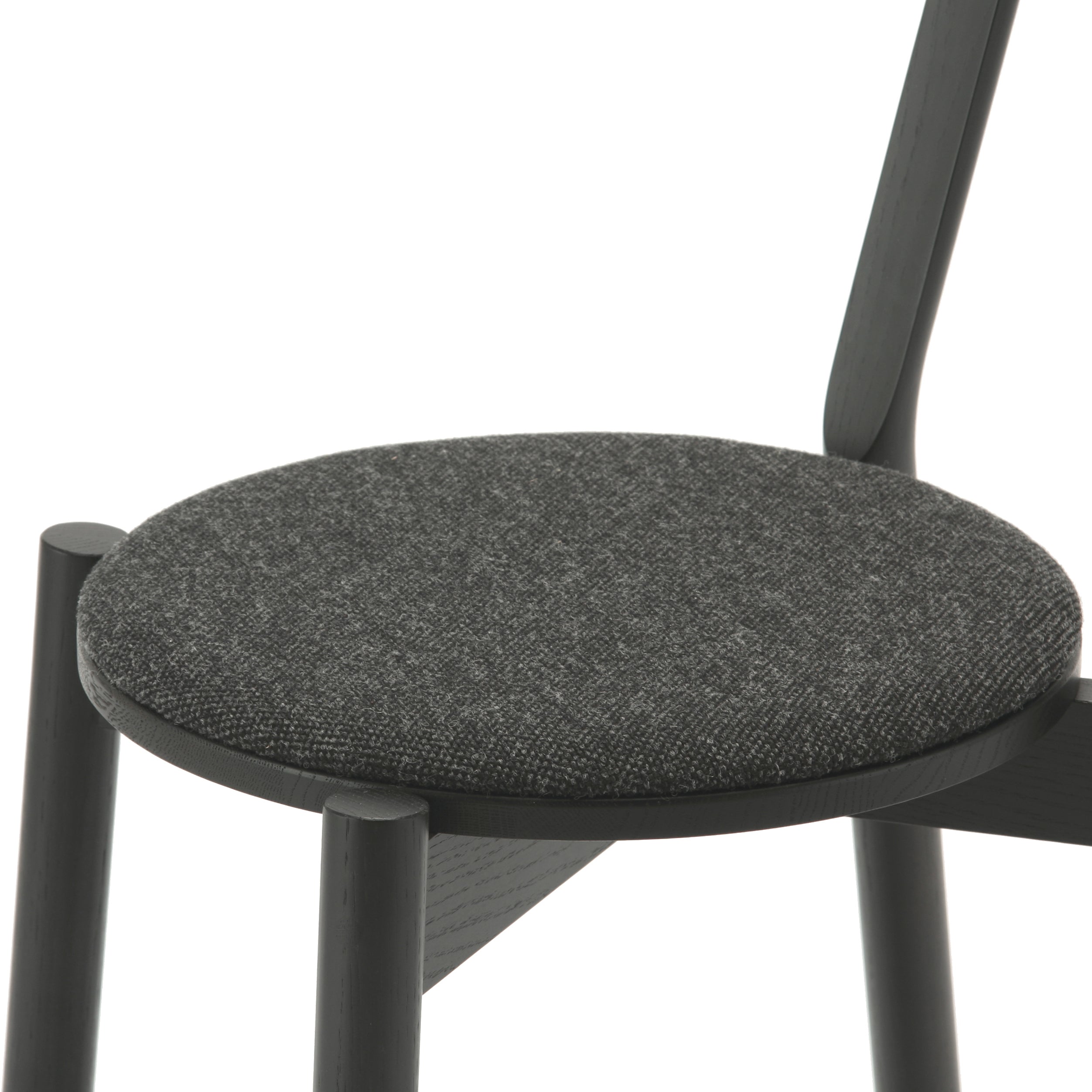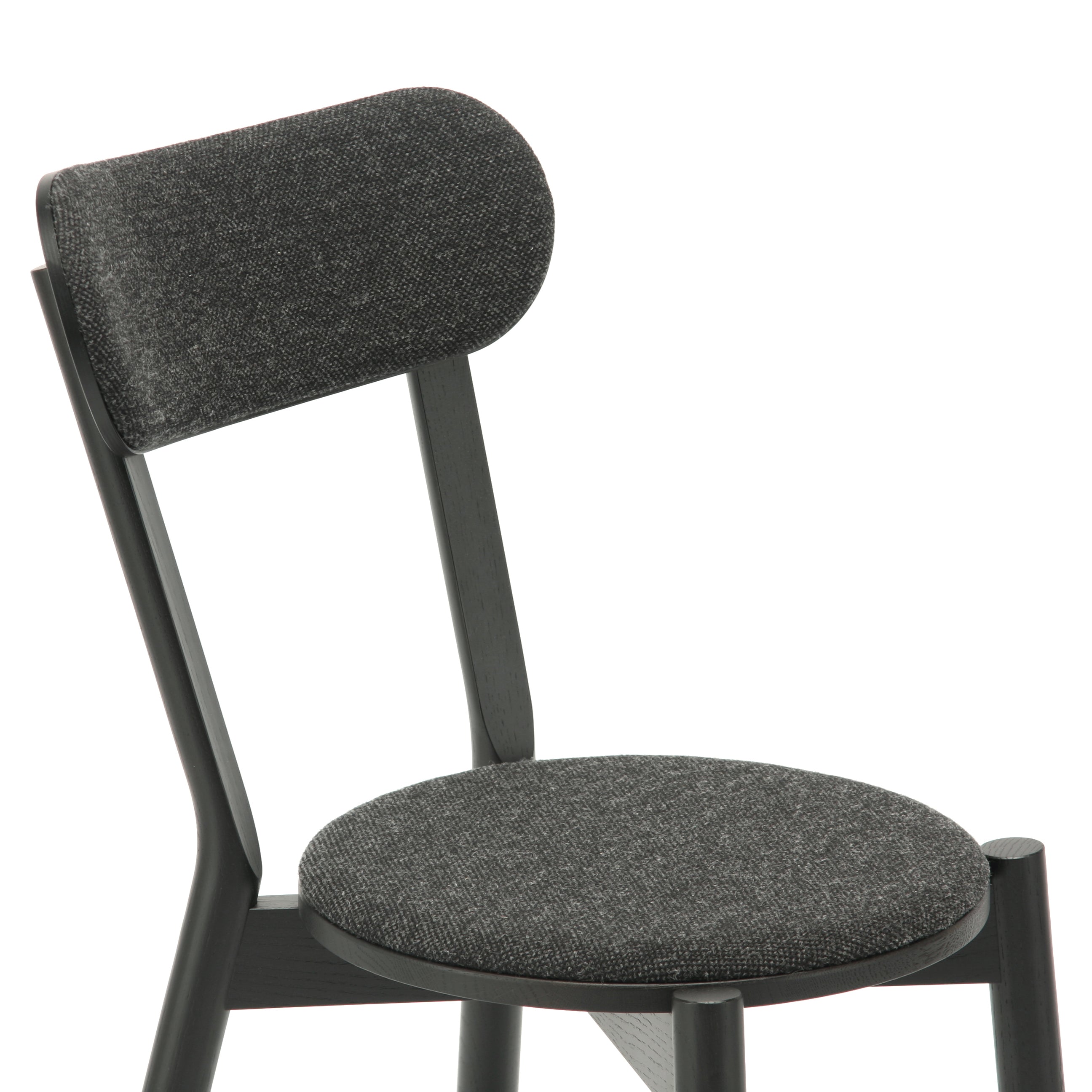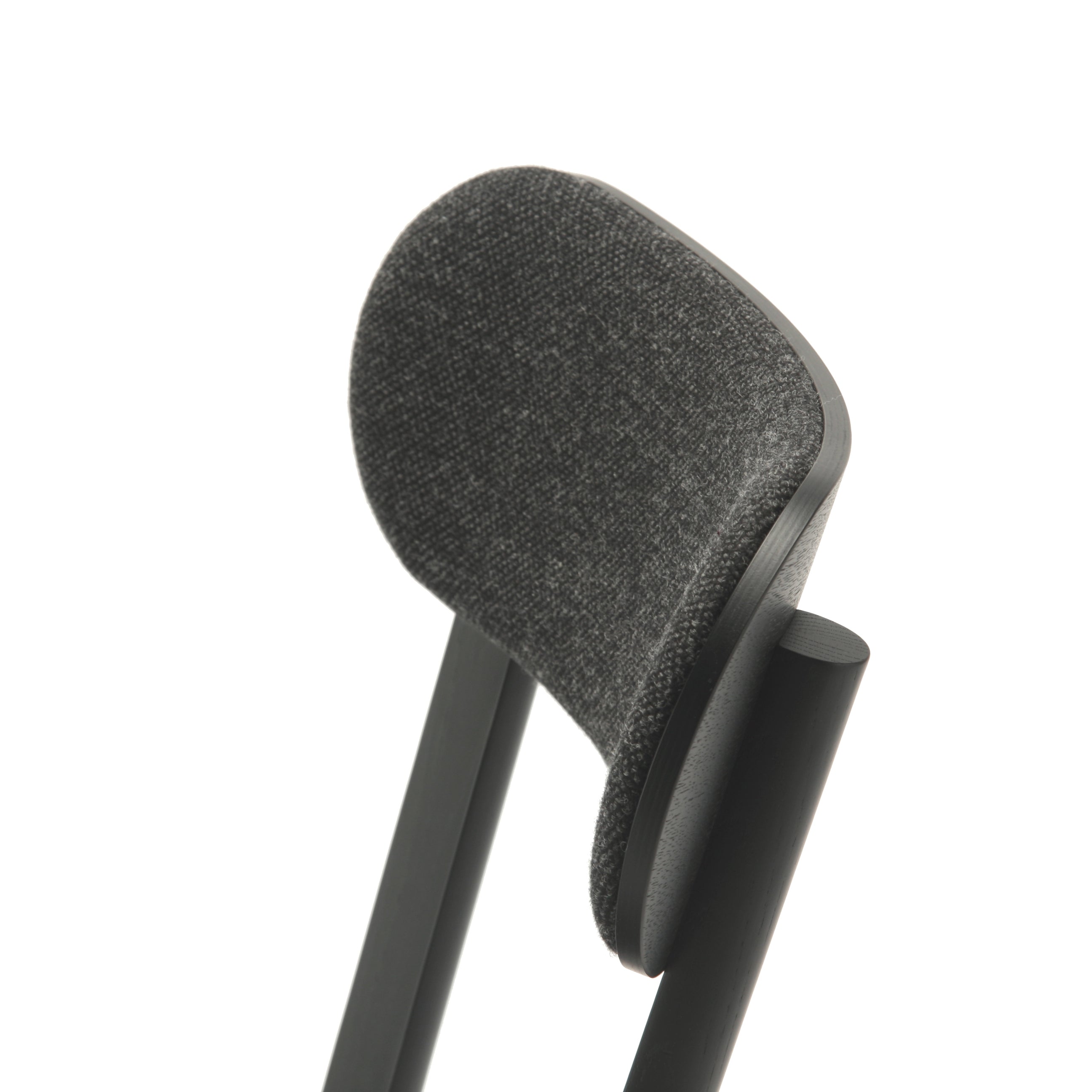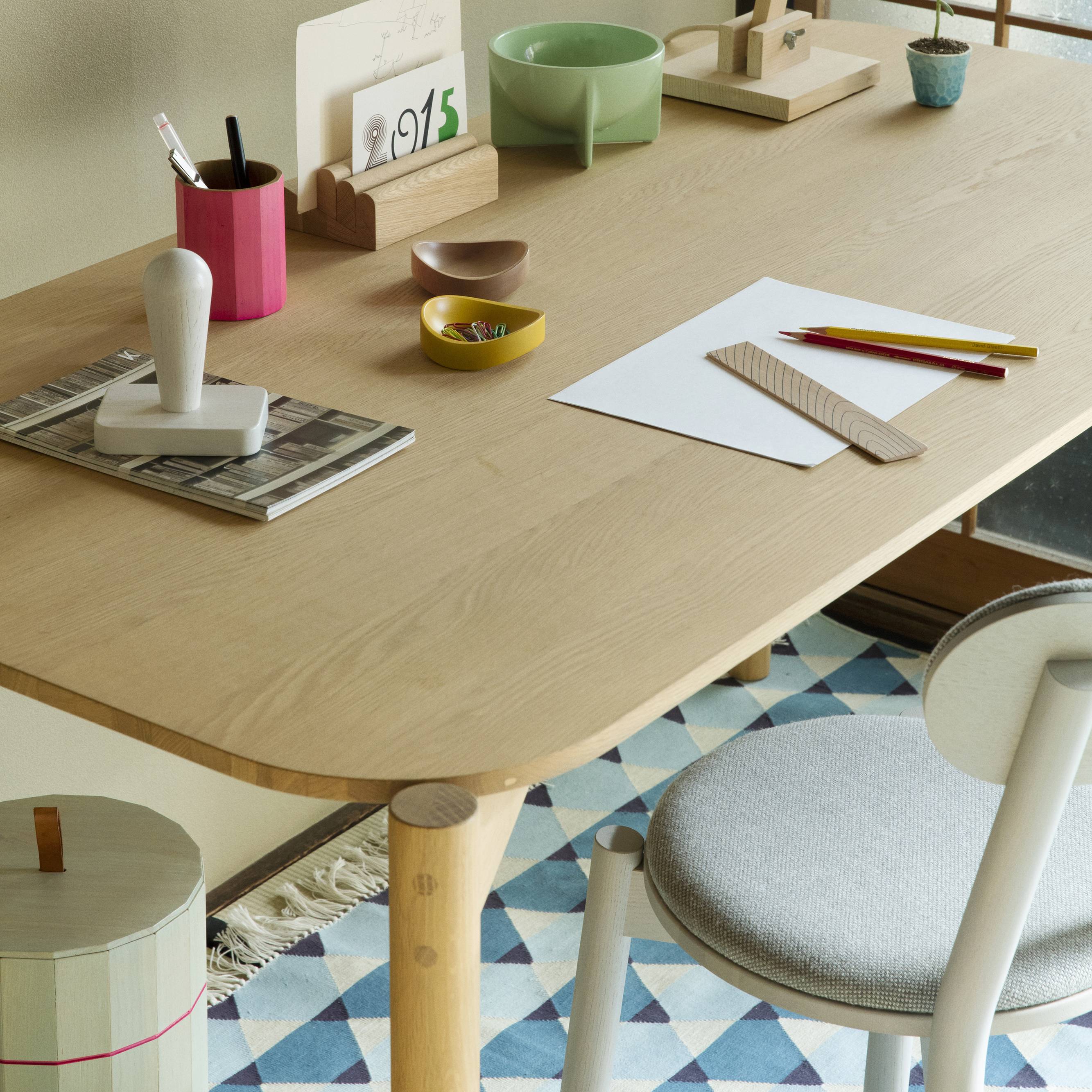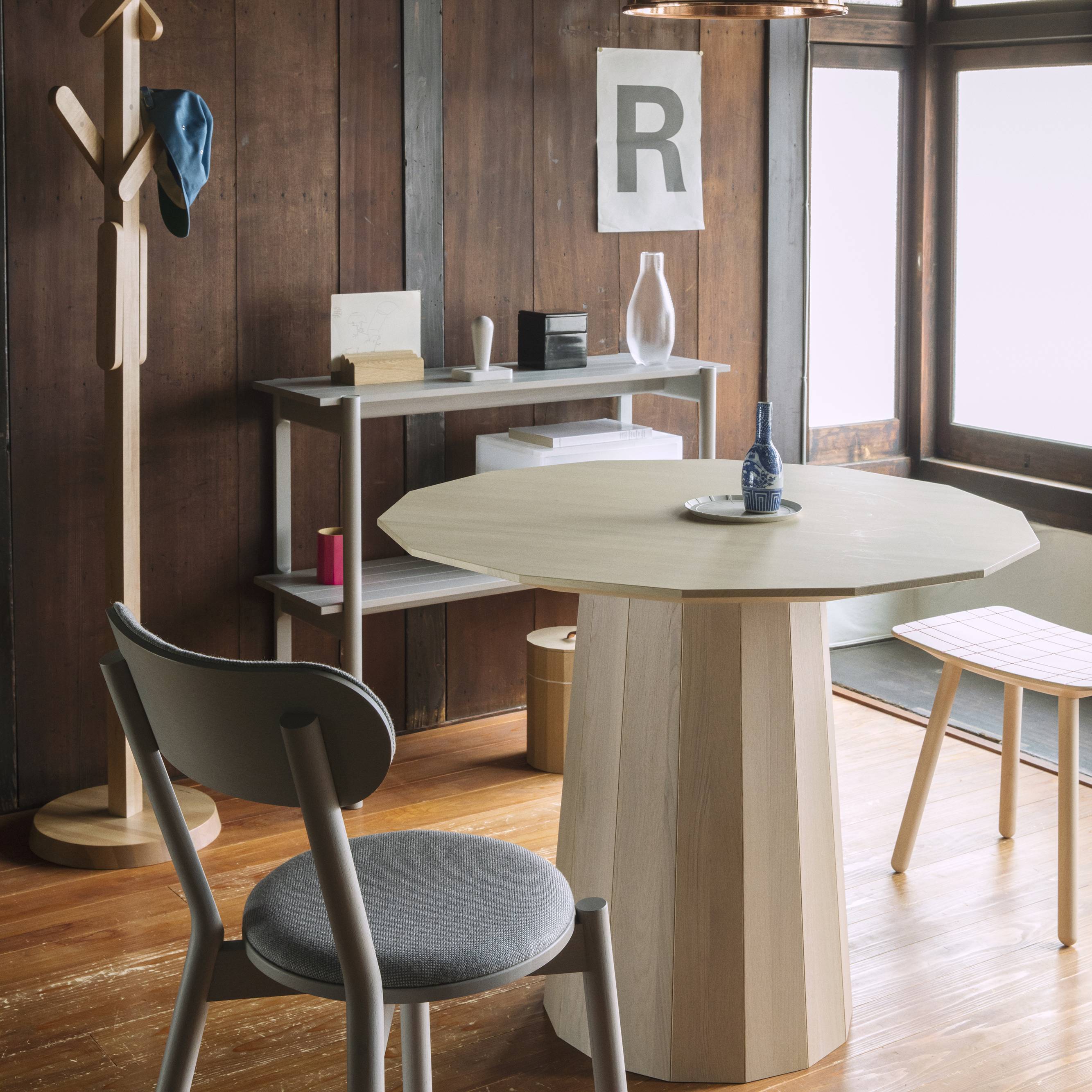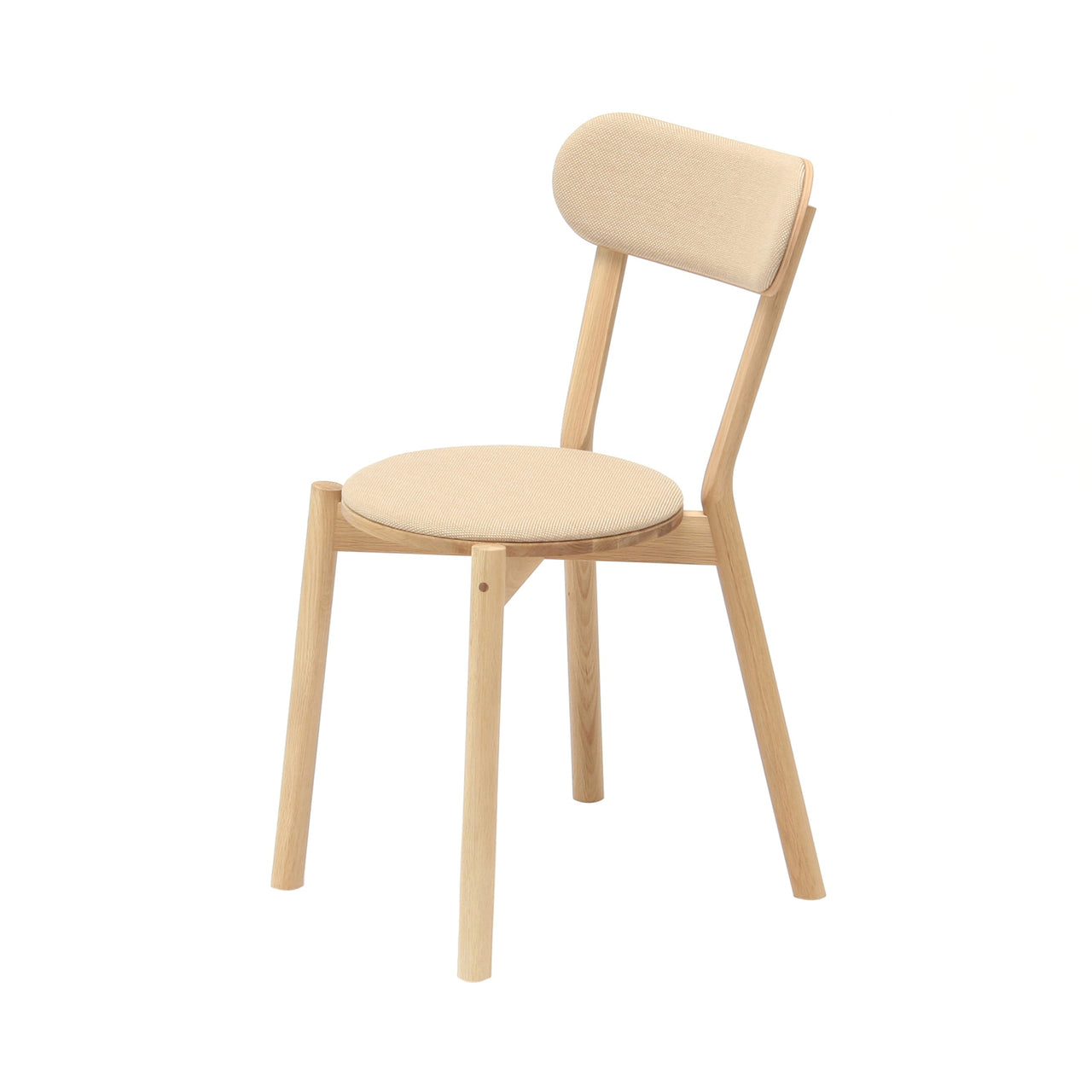
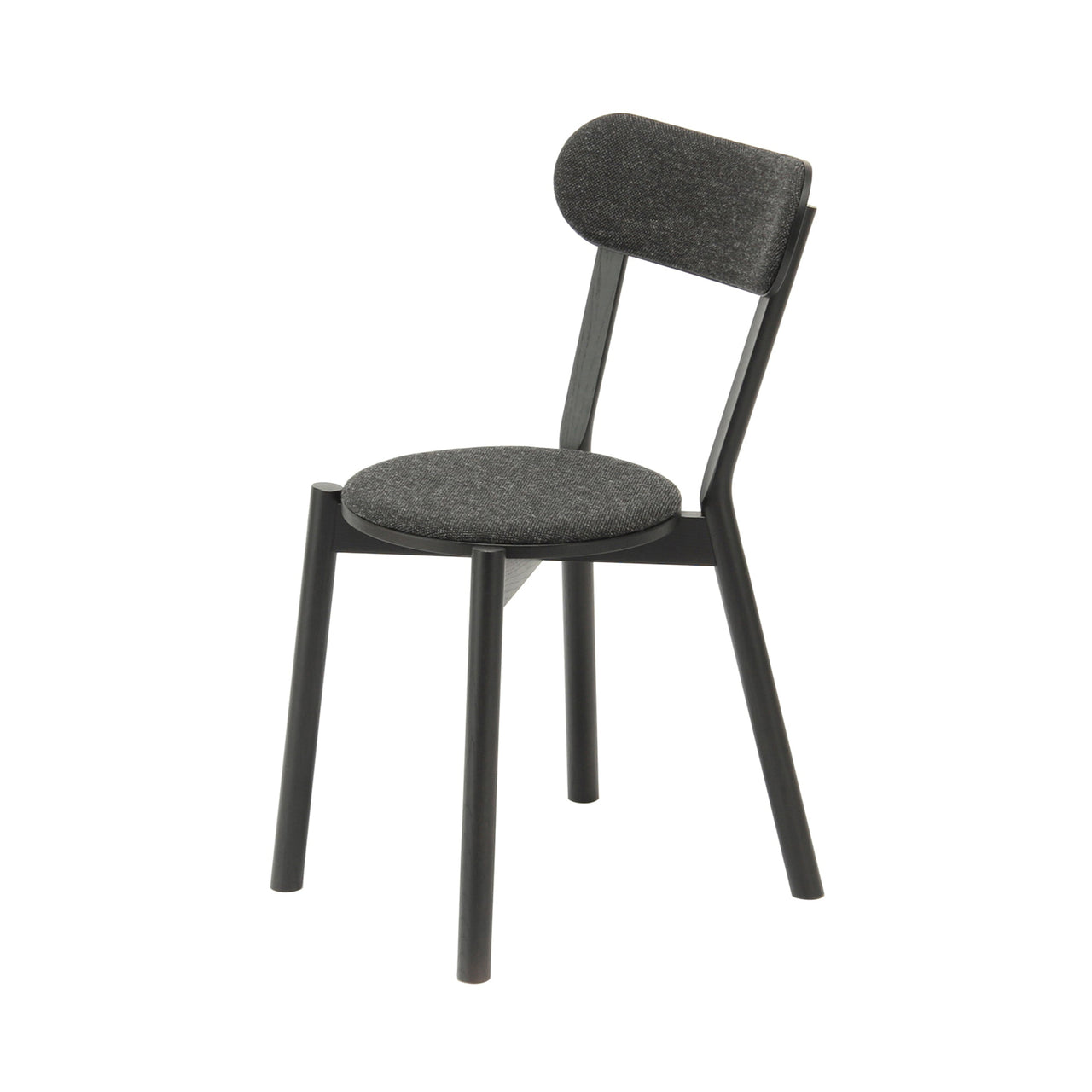
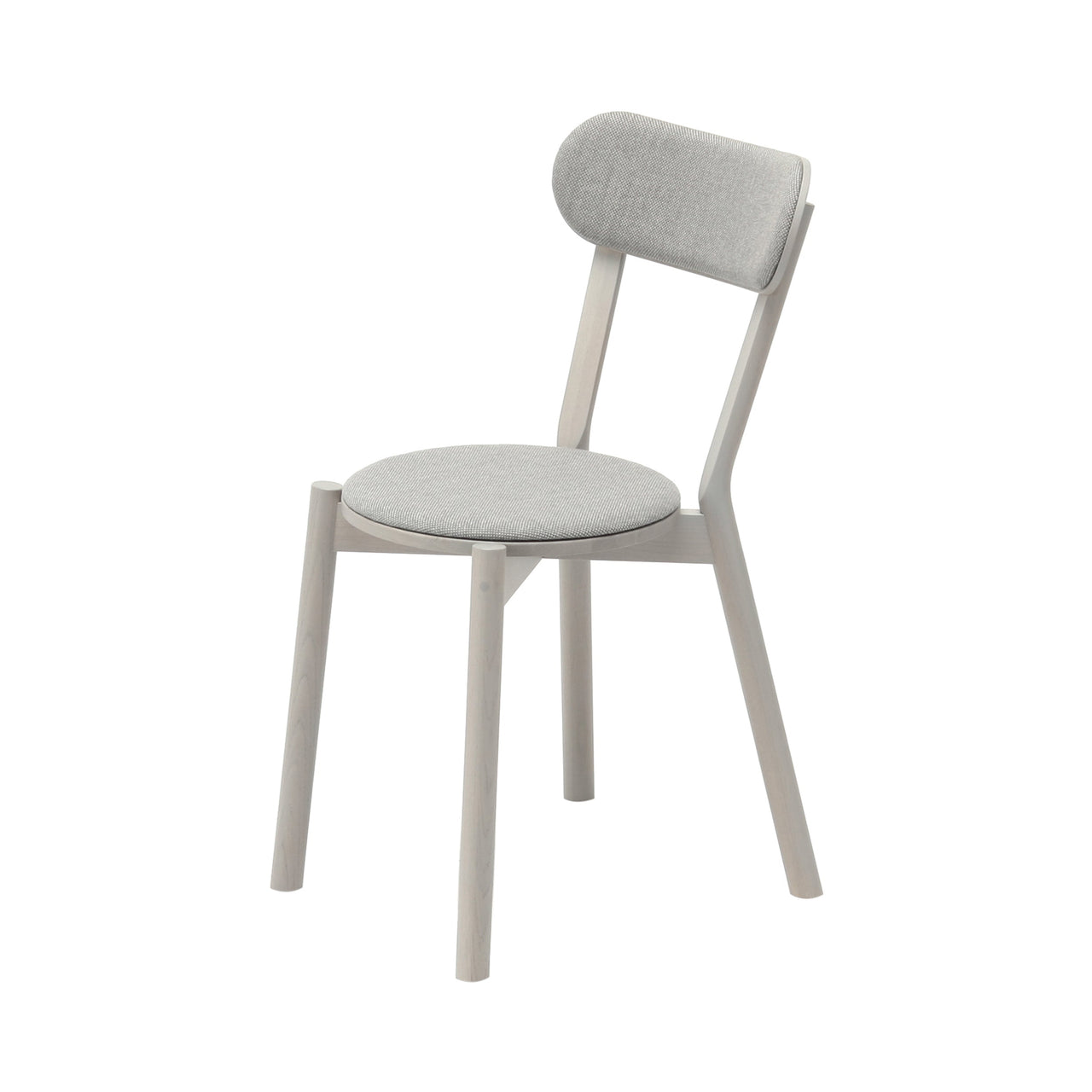
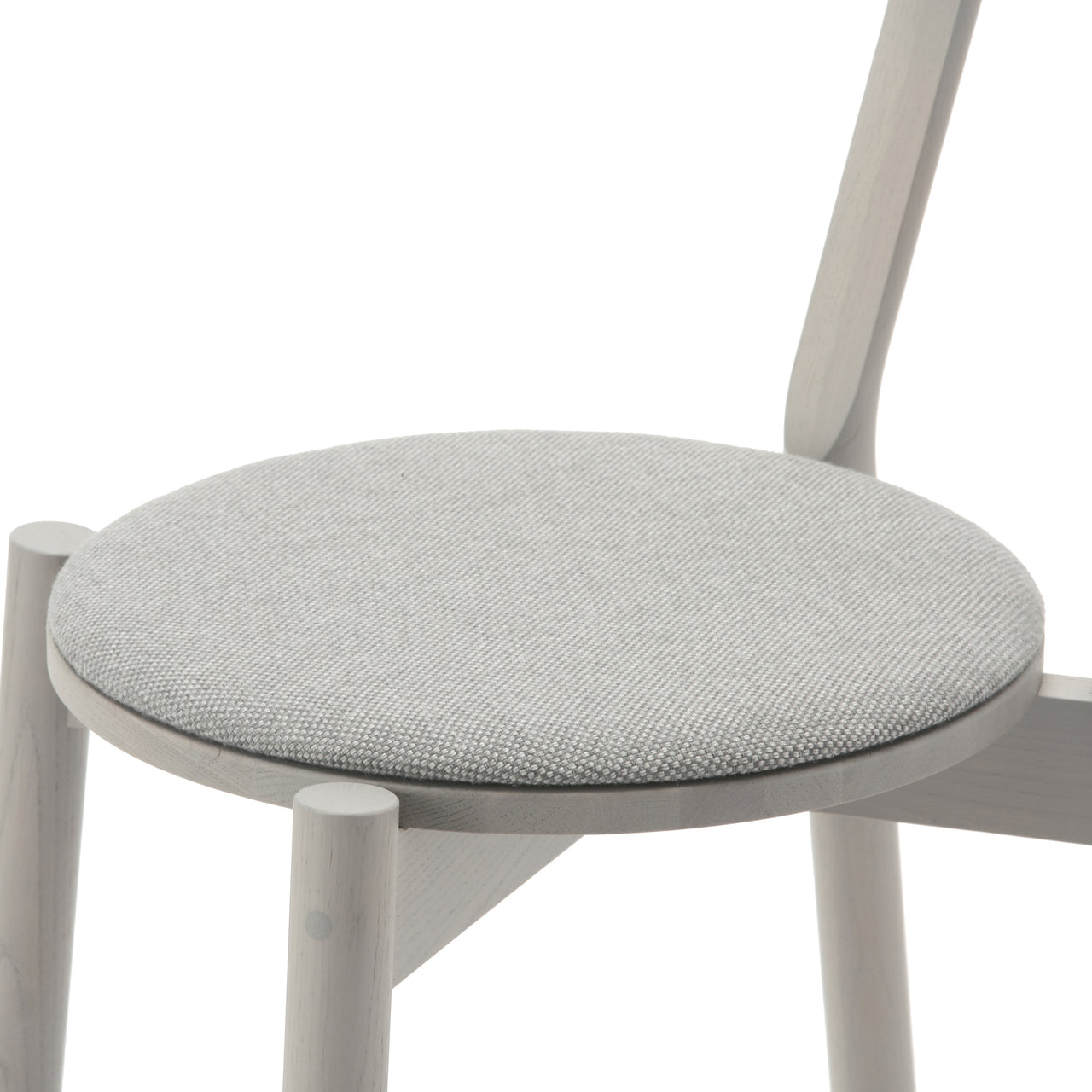
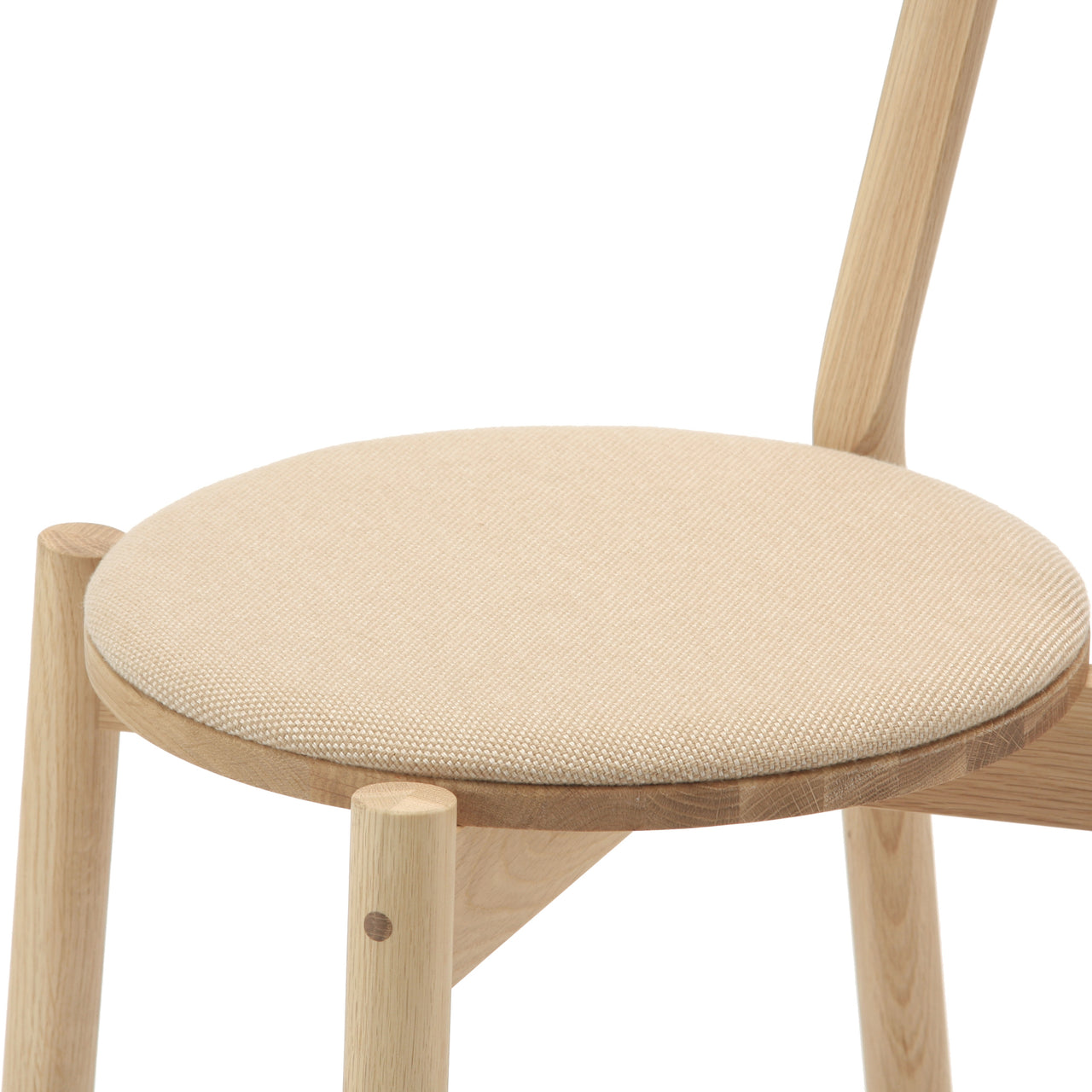
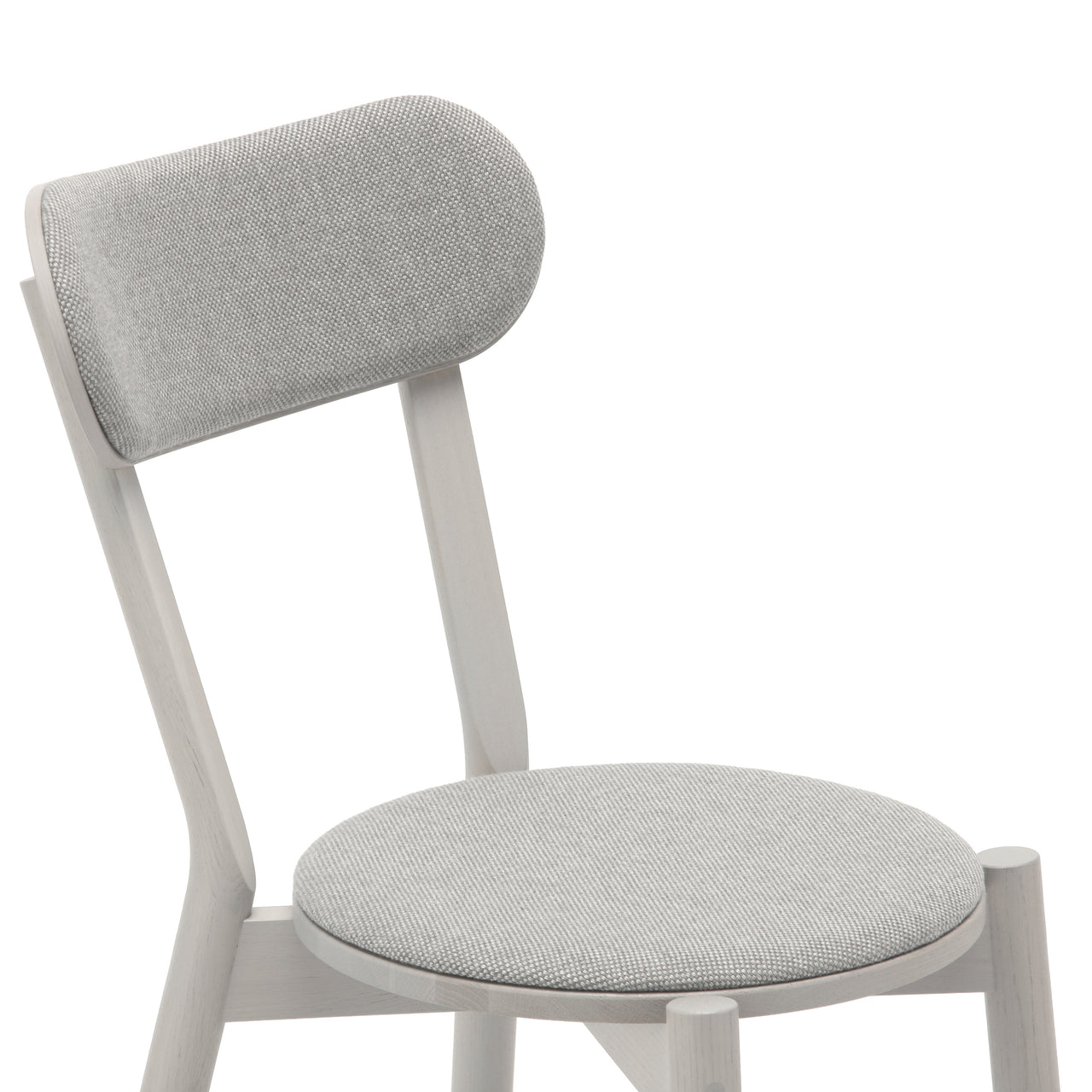
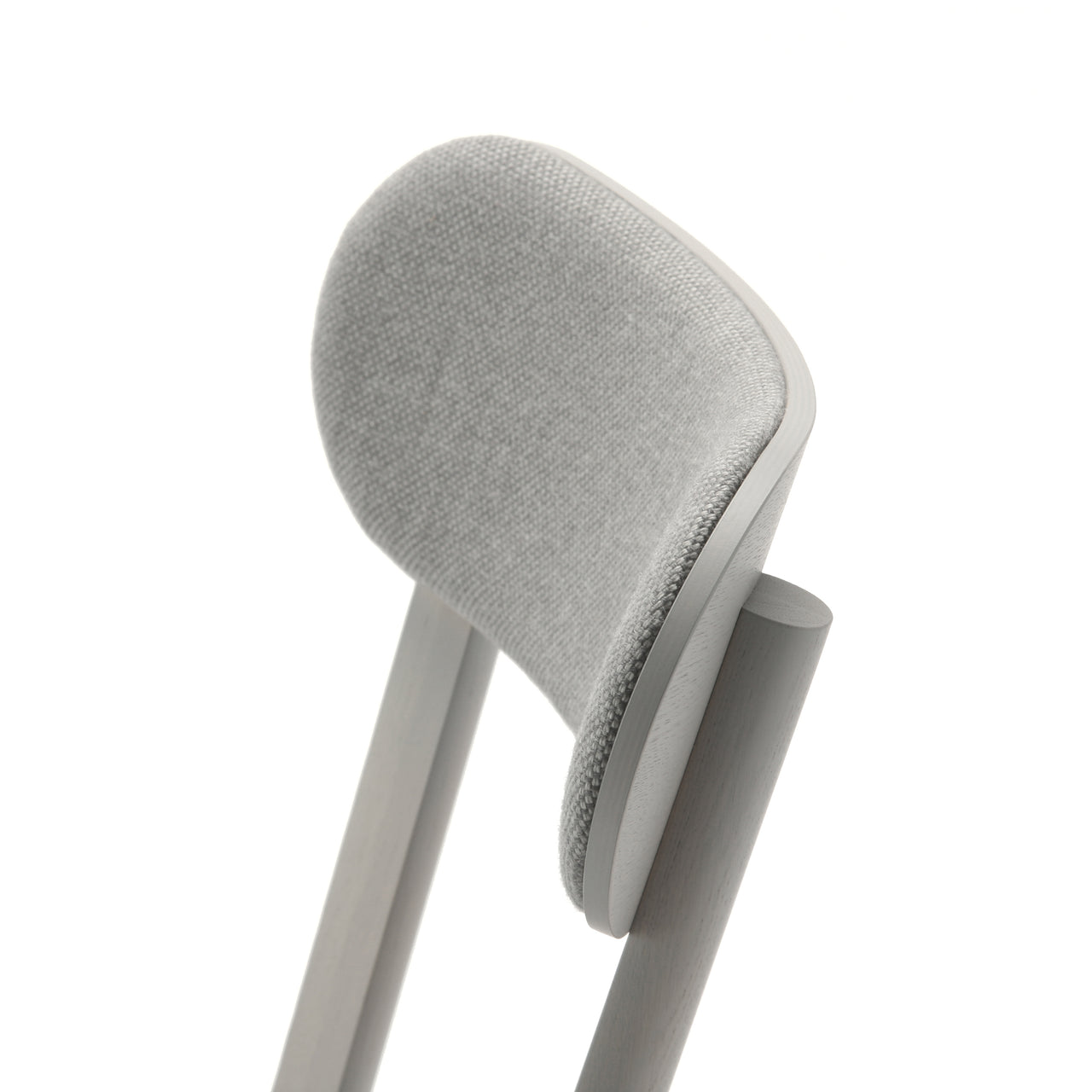
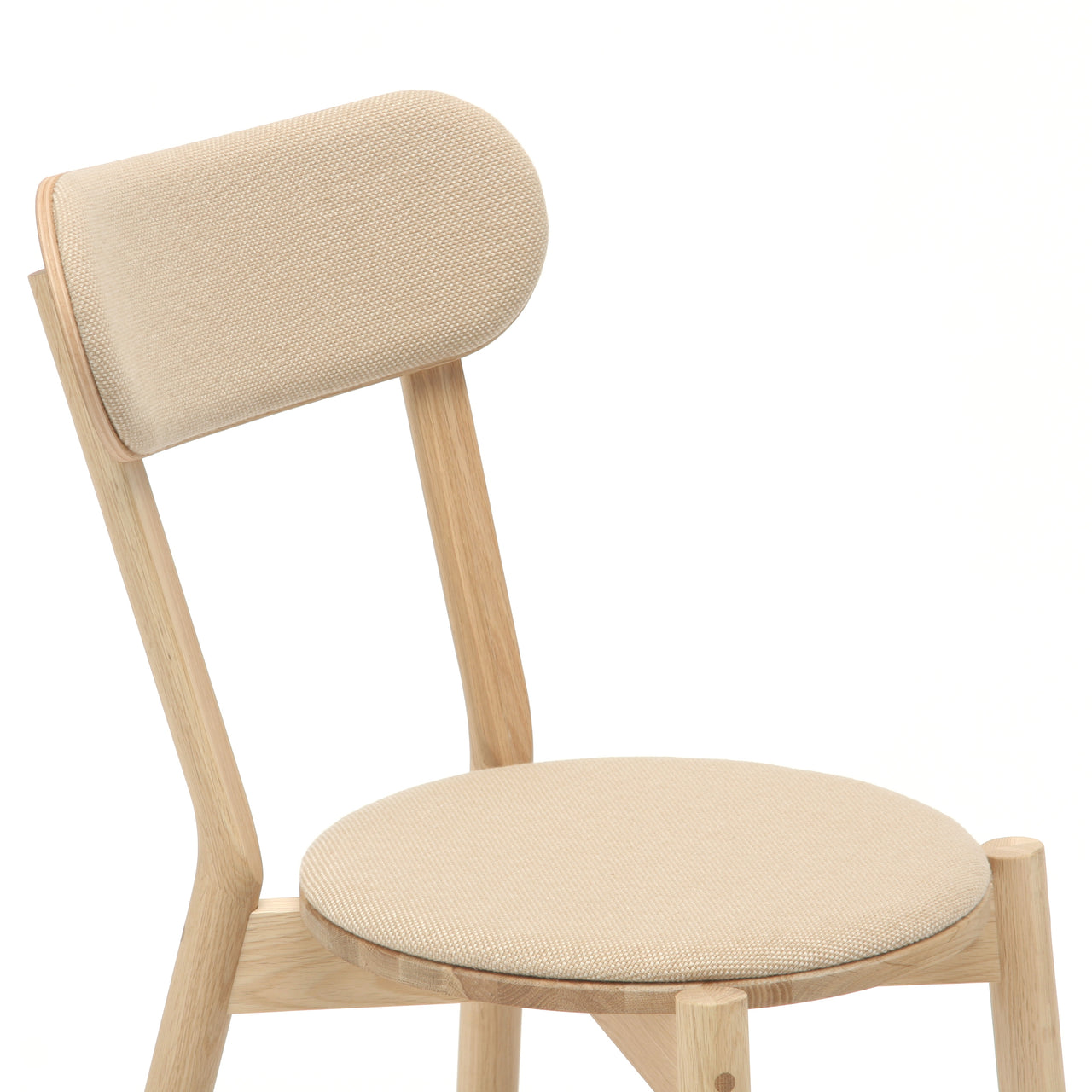
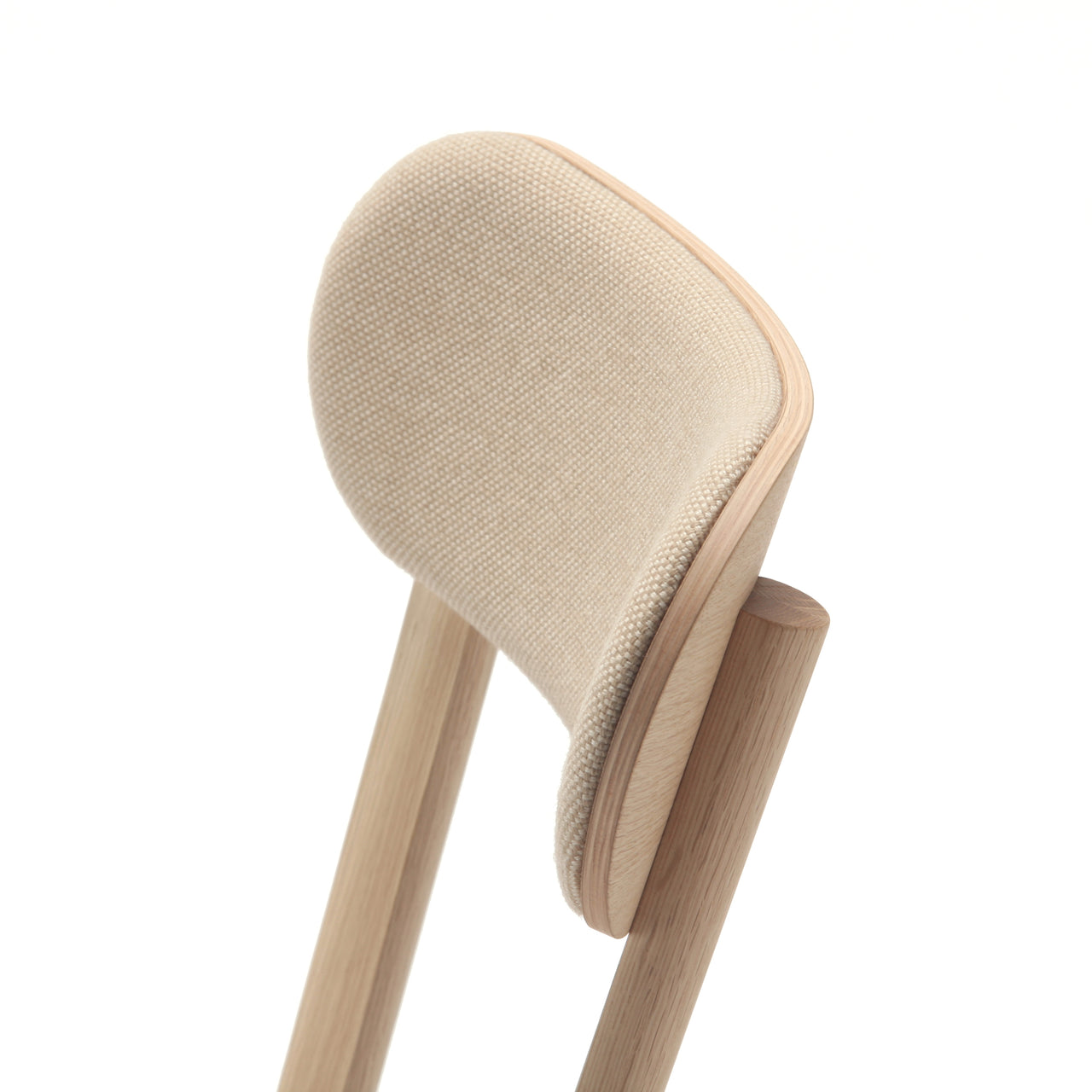
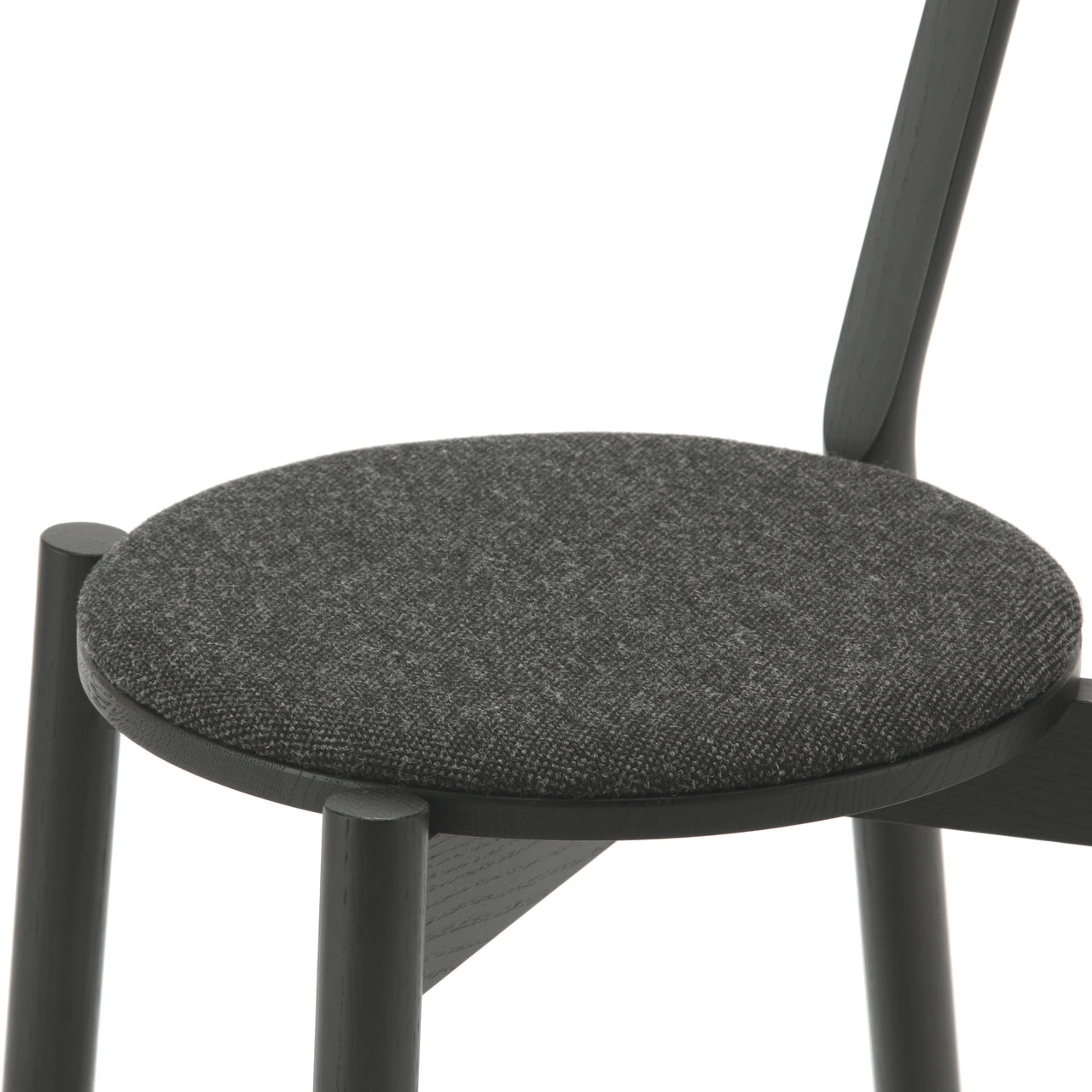
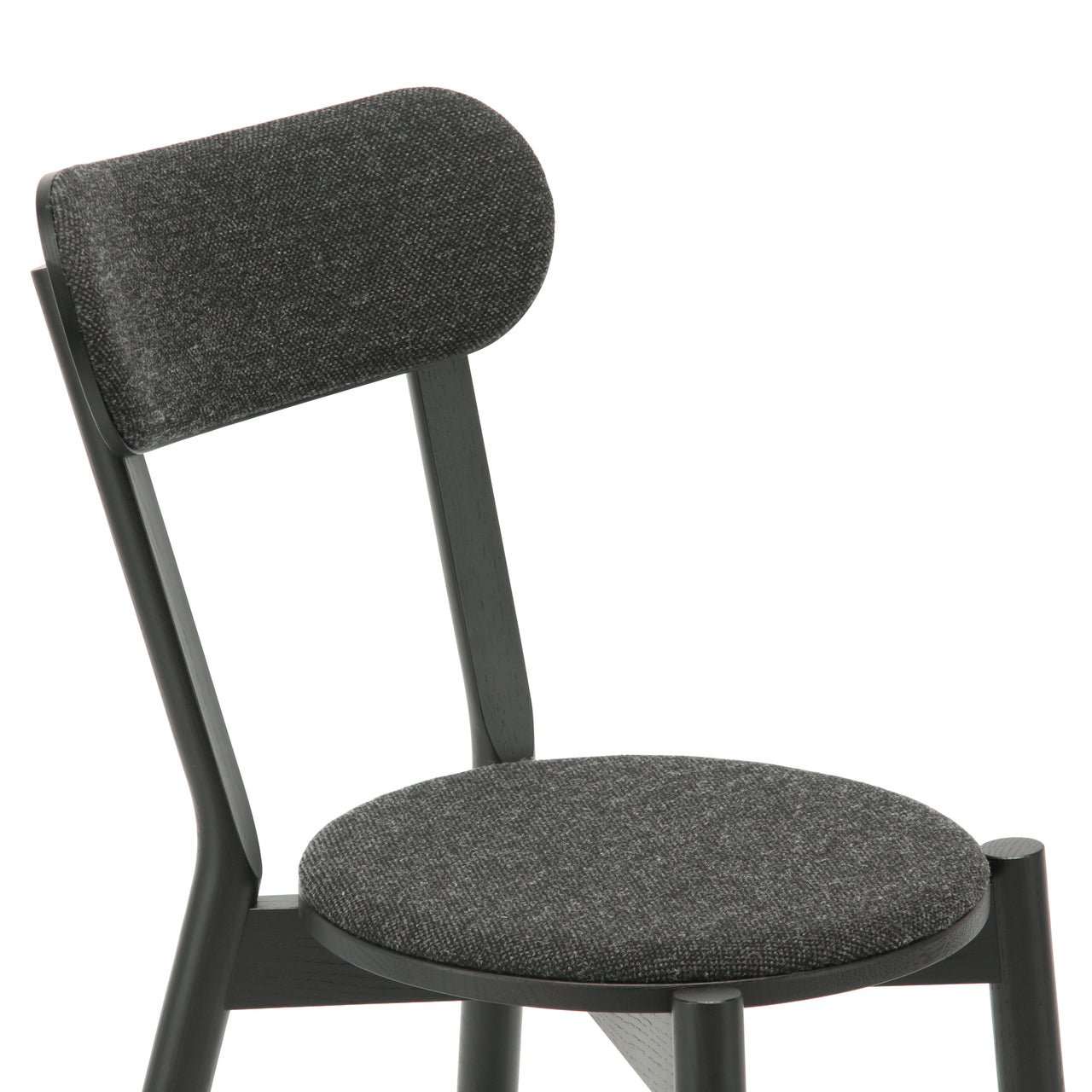
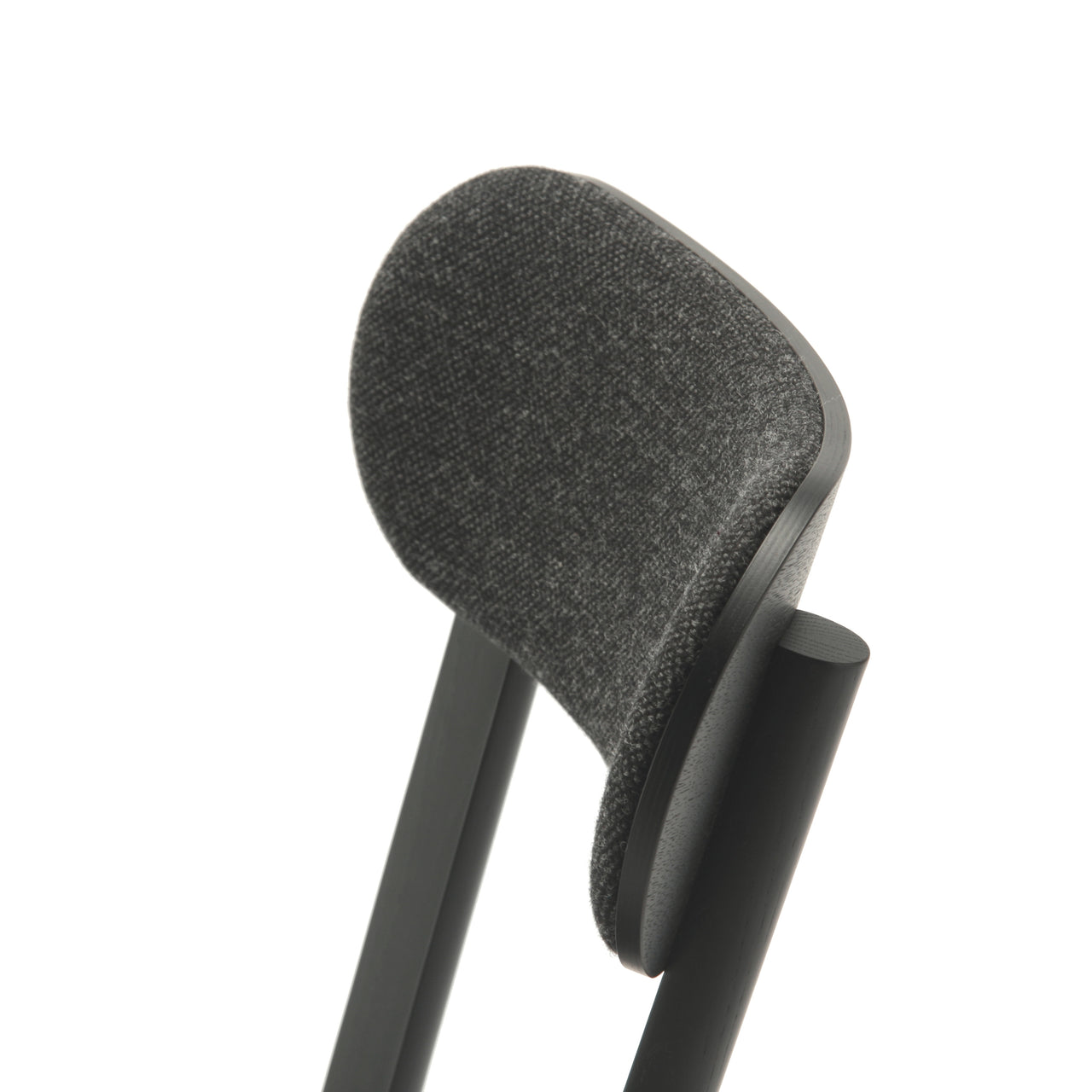
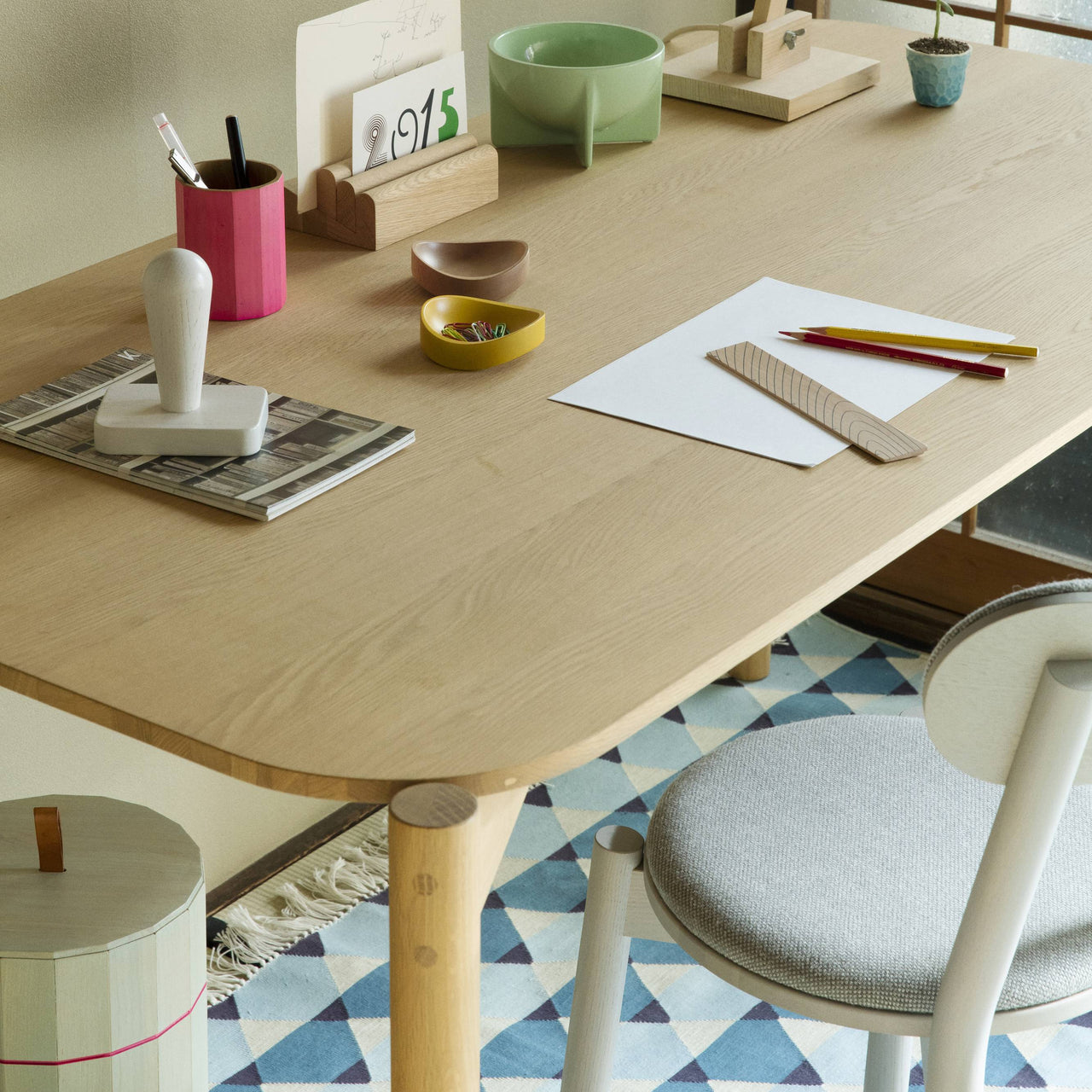

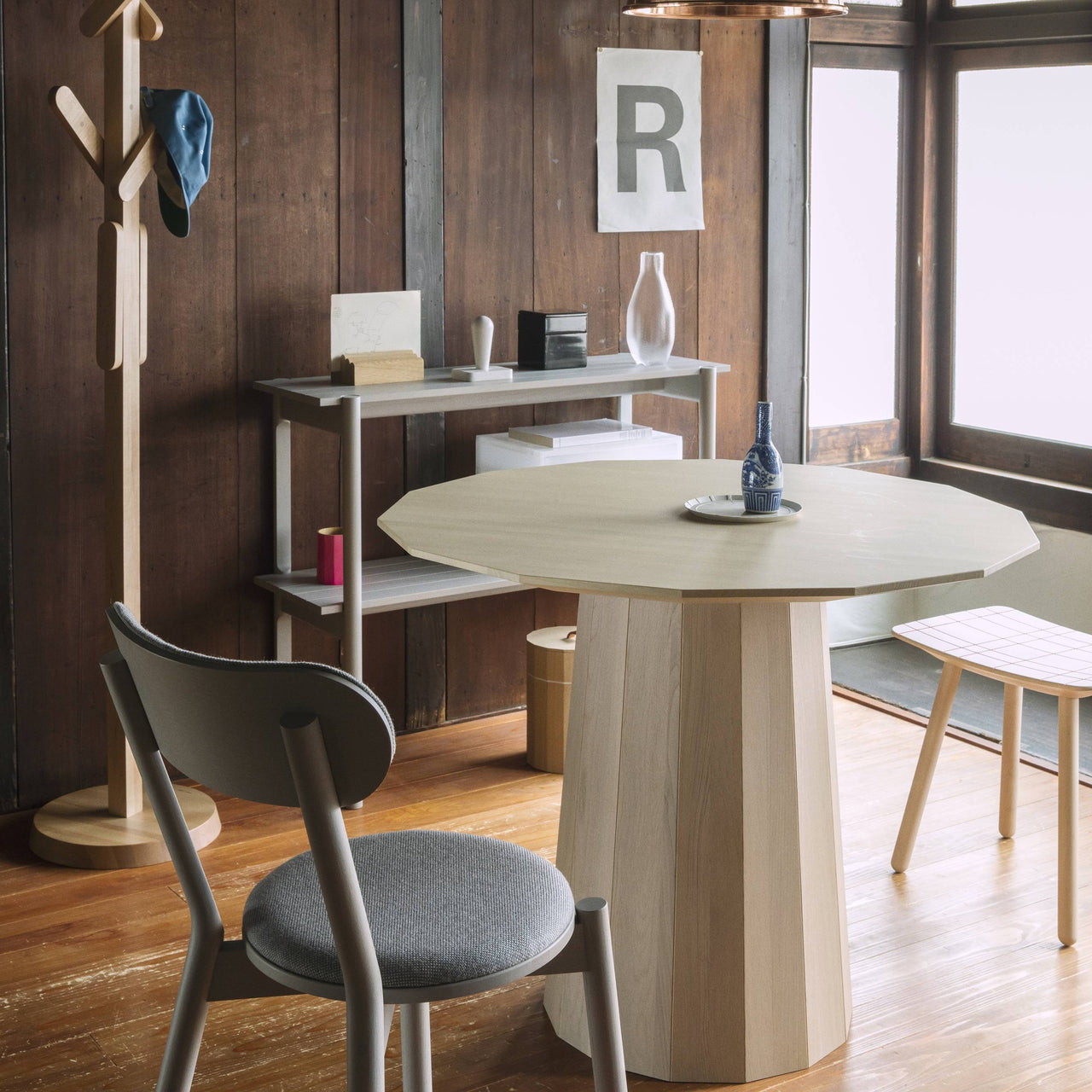

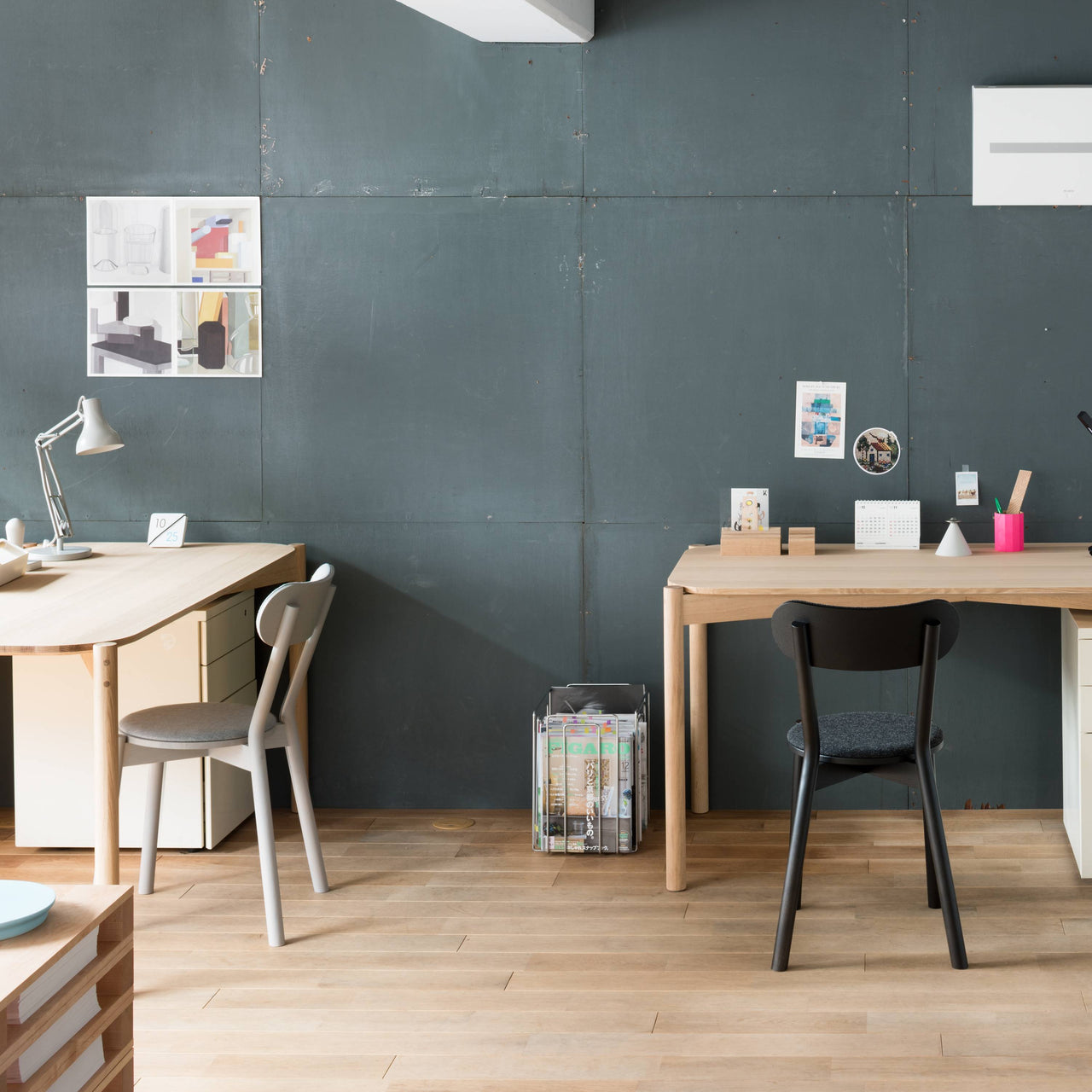
Karimoku New Standard × Big-Game
Castor Chair Pad
$755
$755
SKU: KNS-C3475DCC
$755
SKU: KNS-C3475DBB
$755
SKU: KNS-C3475DAE
Description
Castor Chair Pad is the upholstered version of one of Karimoku New Standard's iconic mainstays. Slim resilient cushions are attached to the carefully engineered seat and backrest for another level of seating comfort. Conceived by the Swiss-based designers at Big-Game, this modern classic is inspired by the chairs found at traditional European cafes. Sturdy but lightweight, compact yet comfortable for extended sitting, it suits domestic as well as commercial spaces. A clear-coat finish reveals the character of the sustainably sourced Japanese oak.
Specifications
Size
- 31.7" h x 16.7" w x 19.9" d (80.6x42.3x50.6cm)
- Seat height: 18.4" h (46.8cm)
Material
Oak
Brand
Karimoku New Standard
It has always been about the wood. Shohei Kato opened a small woodworking shop in 1940 from a longstanding timber firm he acquired in Kariya. The first letters of the town name combined with “moku,” as in “mokuzai” ( “wood”) provided the brand name. Furniture followed within 2 decades, along with several brands under the Karimoku umbrella. Then in 2009, with his grandson Hiroshi Kato as vice president, the Karimoku New Standard branch launched to develop works with international designers in the modern design arena.
The star roster includes Swedish studio TAF, the Swiss team Big-Game and Dutch duo Scholten & Baijings. Among them is David Glaettli, who also serves as KNS brand creative director and dubbed its credo as “high-tech and high-touch.” The highly skilled Japanese carpentry and hand-applied painting that are a part of the parent company heritage are integral to KNS. It also looks forward, revitalizing native forests by targeting undervalued, sustainably grown hardwoods. Advanced technologies have elevated the low-diameter chestnut, maple and oak trees, once turned into wood chips for paper pulp, into something of lasting beauty. The aim, notes Hiroshi, is “furniture that will be used and loved for more than 100 years.”


